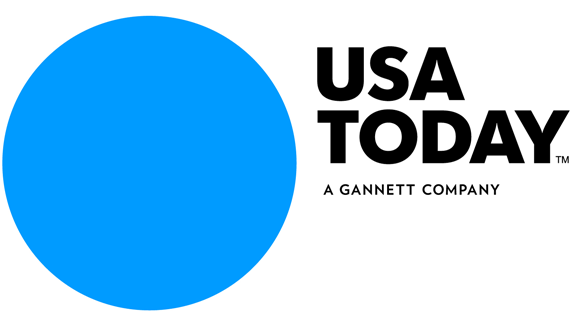|














 |

October 2, 2018
By Bob O'Donnell
FOSTER CITY, Calif. — A key tenet of the modern internet is customization to match your interests because, well, who wouldn’t want that? Instead of being a benefit, however, personalization is starting to look like a curse.
Probably the most glaring example comes via sites that filter your news feeds based on other articles you’ve previously clicked on. The beauty and wonder of the internet is that it collects virtually every news source and bit of information ever created into a single repository. Sites like Facebook or Twitter and mobile apps like Apple News start immediately limiting the amount of information you can see in their environments as soon as you start interacting with the stories they first present. Suddenly, the limitless resources of the internet become a highly filtered set of choices that are even more tightly controlled than random interactions you might have in the analog world.
The end result is the now infamous echo chambers of information that only show people news stories that they’re interested in or reflect their personal point of view. Regardless of where you stand on the political spectrum, that’s just not healthy from a societal perspective.
Of course, this was never the intention of the tech companies that started these services and built these applications, but we all know where roads paved with good intentions lead. Leaders of companies like Twitter and Facebook have been grappling with the fallout from the personalization mechanisms they've created.
The customization problem extends well beyond news. In fact, probably the most annoying aspect of browsing the web these days is personalized ads. You know the issue. You do some research on a product or actually purchase something online and, for what seems like weeks, practically every other website you visit shows you an ad for that product. It’s supposed to “customized,” but it’s actually creepy. And annoying.
Again, the concept behind these efforts is the seemingly reasonable idea of delivering ads that are uniquely tailored to your interests instead of a general message to a general audience. The reality appears to be backfiring. Digital marketers are wasting staggering amounts of money on ads that aren’t working, generating ill will towards brands, and encouraging the installation of ad-blocking software tools.
Even music streaming services like Spotify apply customization through features like Discover that are designed to present you with music the service believes you will like based on other music you’ve played. While this isn’t necessarily a bad thing and, in fact, can help you find other lesser-known artists that you might really enjoy, it still is a type of filtering and limits access to more choices.
Of course, the argument in this case—and in the case of innumerable other sites and apps that offer personalized recommendations—is that they’re helping you reduce an overwhelming range of options to a more manageable few. And, to be fair, in many cases, they do just that.
However, they can also remove the joys of serendipity, when you accidentally stumble on a great new artist, restaurant, news source or other product or service that you might not have otherwise found.
Customization and personalization can also limit the impact of educated judgement. In the case of news sources, there’s a reason that most editors work hard to provide a more balanced set of stories, but also a reason there are multiple news sources that reflect different sets of perspectives. No perfect judging or rating system for news exists, and human biases do occur. Rather than fearing that, however, we should be celebrating a broad spectrum of ideas and perspectives—or at least trying to understand them by allowing ourselves to be exposed to them. In all areas, there is real value in finding thoughtful, reliable sources of information that integrate a variety of experiences and expertise into their material.
In the online world, customization and personalization features represent a dual-edged technological sword. They aren’t inherently bad, but they can be used in very limiting ways. Given our growing dependence on the internet for virtually everything we think, buy, and do, we need to be conscious of those potential challenges. Some degree of personalization is clearly valuable, but automated customization can be taken too far. Instead of forcing us into narrowly focused cones of interest, we need more technologies that can expose us all to a wider range of choices.
Here’s a link to the original column: https://www.usatoday.com/story/tech/columnist/2018/10/02/internet-knows-just-what-you-like-and-thats-problem/1492776002/
USA TODAY columnist Bob O'Donnell is the president and chief analyst of TECHnalysis Research, a market research and consulting firm that provides strategic consulting and market research services to the technology industry and professional financial community. His clients are major technology firms including Microsoft, HP, Dell, and Intel. You can follow him on Twitter @bobodtech. |








